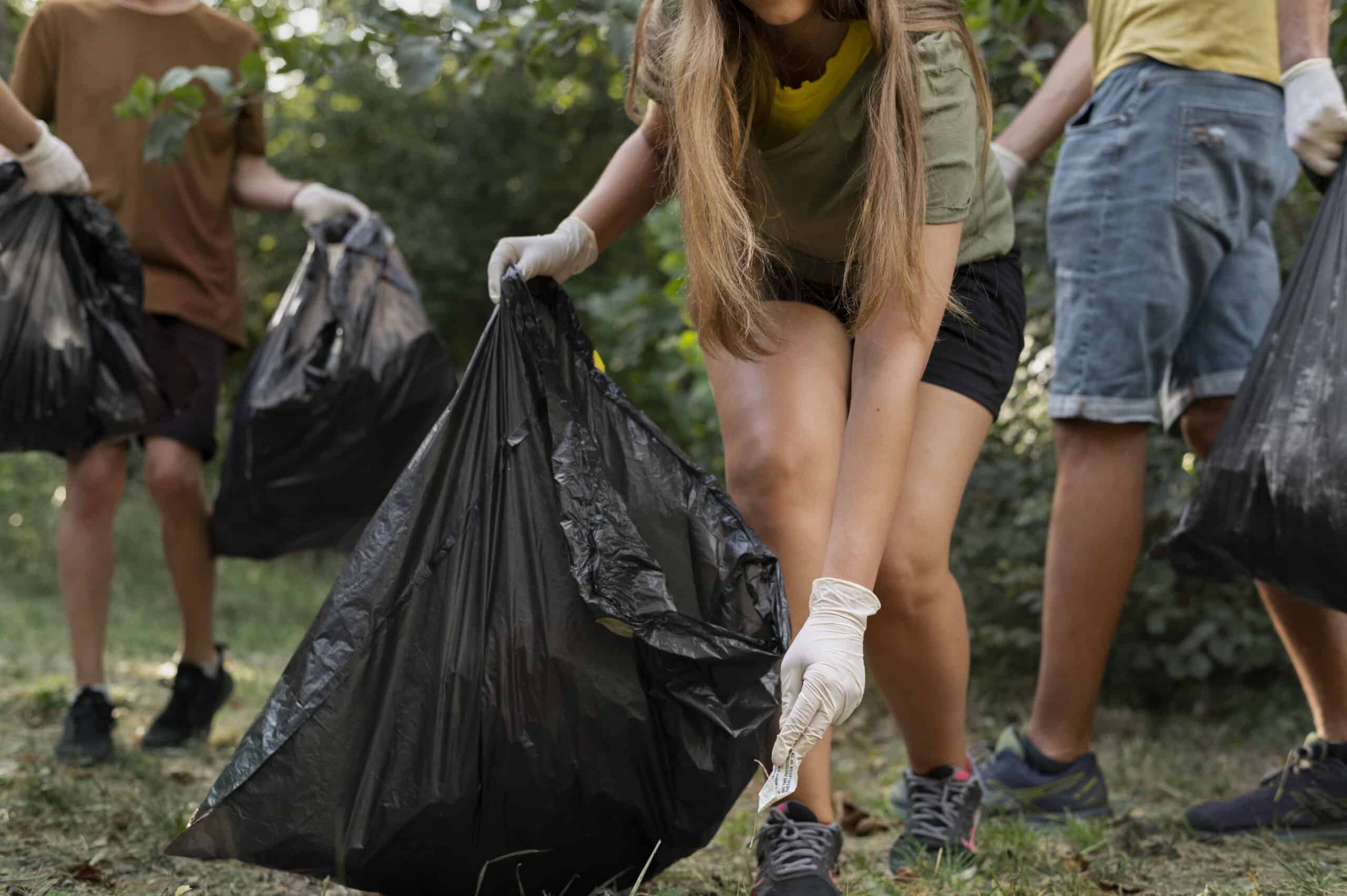Why Soil Pollution is a Serious Threat We Can No Longer Ignore
Soil pollution has become one of the most pressing environmental challenges facing humanity today. Despite its enormous impact on food security, public health, and the environment, soil pollution has not received enough attention from the public and policymakers alike. This article explores the causes and consequences of soil pollution, its impact on human health and the environment, and the measures we can take to protect ourselves and the planet.
The Causes and Consequences of Soil Pollution
Soil pollution is caused by a range of human activities, including industrialization, urbanization, and agriculture. Heavy metals, organic pollutants, and radioactive substances are major culprits of soil pollution. These pollutants can leach into soil through air, water, and soil erosion. Once the soil is contaminated, it becomes hostile to plant and animal life, and can pose serious health risks to humans.
The consequences of soil pollution are wide-ranging and severe. Soil pollution reduces soil fertility, which affects agricultural productivity and food security. It can also alter the balance of bacterial and fungal populations in the soil, leading to a decline in soil quality. When soil pollutants enter the food chain, they can accumulate in the fatty tissues of animals, leading to higher levels of toxic chemicals in the human diet. Soil pollution can also lead to serious health problems, including cancer, neurological disorders, and endocrine disruption.
The Impact of Soil Pollution on Human Health
Soil pollution is a major threat to human health, particularly in developing countries where access to clean drinking water, food, and healthcare may be limited. Studies have linked soil pollution to a variety of health problems, including cancer, birth defects, and neurological disorders. Children are particularly vulnerable to the health effects of soil pollution, as they are more likely to come into contact with contaminated soil through play and ingestion.
In addition to direct exposure to soil pollutants, soil pollution can also affect human health indirectly. For example, soil pollution can lead to a decline in soil fertility, which can have a major impact on food security. When crops are grown in polluted soil, they may absorb toxic substances and pass them on to the people who consume them. Pollution can also affect the nutrient content of crops, reducing the amount of essential vitamins and minerals in our diet.
The Impact of Soil Pollution on the Environment
Soil pollution is also a major threat to the environment. It can disrupt soil ecosystems and cause a decline in biodiversity. When soil is contaminated, it becomes less hospitable to the microorganisms, insects, and plants that make up an ecosystem. This can lead to a decline in the number of species that live in the soil, which in turn can affect the health of other species in the ecosystem. Soil pollution can also lead to soil erosion and nutrient depletion, which can have a major impact on agricultural productivity and food security.
Protecting Yourself and the Environment from Soil Pollution
While soil pollution is a serious threat, there are measures that can be taken to protect ourselves and the environment. Here are some tips on how to reduce the risk of soil pollution:
1. Proper disposal of household hazardous waste
Many of the products we use in our homes contain hazardous substances that can pollute the soil if not disposed of properly. This includes products such as pesticides, batteries, and cleaning products. Make sure to dispose of these products at a hazardous waste collection point, rather than throwing them in the trash.
2. Reduce plastic waste
Plastic waste can take hundreds of years to decompose, and can release toxic chemicals into the soil as it breaks down. Reducing your plastic waste can help to prevent soil pollution. This can be achieved by using reusable bags, bottles, and containers, and avoiding single-use plastic products.
3. Use organic products
Organic products are grown without the use of synthetic pesticides and fertilizers, which can pollute the soil. Choosing organic products can help to reduce the risk of soil pollution and promote soil health.
4. Test your soil
If you are concerned about soil pollution on your property, you can have your soil tested to determine if it has been contaminated. Testing can help you to identify the type and amount of pollutants present in your soil, and determine the appropriate remediation measures.
Conclusion
Soil pollution is a serious threat to human health and the environment, and cannot be ignored any longer. The causes and consequences of soil pollution are complex, but by taking small measures like properly disposing of household hazardous waste, using organic products, and testing your soil, we can all play a part in protecting ourselves and the planet. It’s time to take action and make soil pollution a priority.
- Empowering the Next Generation: Why Environmental Education for Children is Crucial for a Sustainable Future - 28 de abril de 2023
- Saving Our Planet: Why Every Business Needs an Effective Environmental Policy - 28 de abril de 2023
- Why Organic Livestock Farming is the Sustainable Future of Agriculture - 28 de abril de 2023
